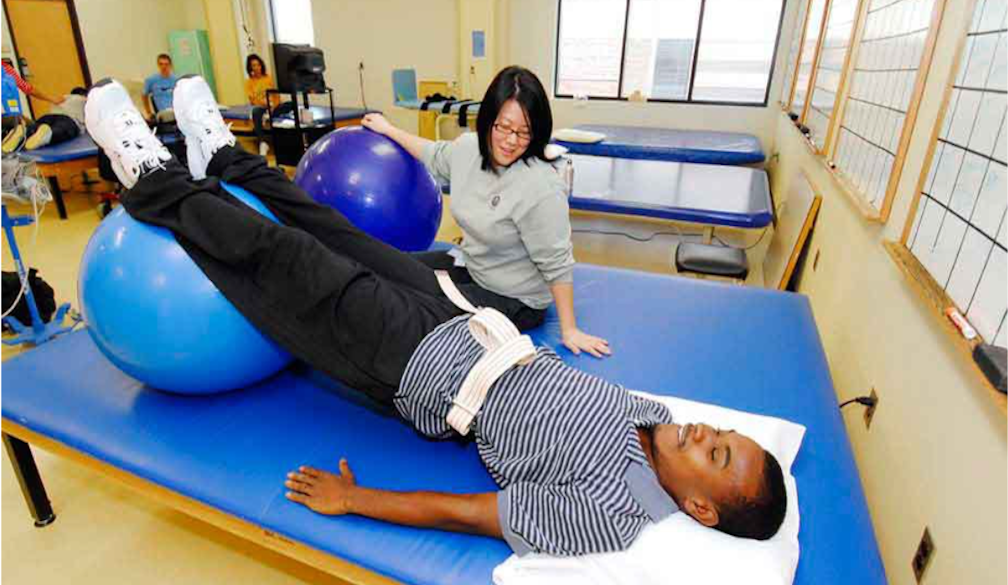Misinformation Could Cloud Eating Disorder Diagnosis

When you hear the term ‘eating disorder’ you’ll likely conjure up an image in your mind of a severely underweight teenage girl with anorexia nervosa. Whilst anorexia is a serious condition and one of the most well-known, it is just one of many eating disorders that can affect people of all ages, genders and body types. The truth is that outdated perceptions on eating disorders—what they involve and who is likely to suffer from them—can lead to misdiagnosis and delayed treatment, leaving many people without the medical help they need.
Common Misconceptions About Eating Disorders
Eating Disorders Only Affect Teenage Girls
If you think eating disorders only affect women and young girls, think again. Research indicates that over one third of people experiencing an eating disorder are men. Due to stigma or lack of awareness surrounding eating disorders in men, some experts believe this number is likely even higher.
You Have to Be Underweight to Have an Eating Disorder
One of the biggest misconceptions about eating disorders is that you can spot them easily because the person will be underweight. But this simply isn’t true. For example, atypical anorexia involves the same restrictive eating and fear of weight gain as anorexia, but weight remains in the ‘normal’ range which can lead to misdiagnosis or dismissal of symptoms. Similarly, binge eating disorder (the most common yet often ignored eating disorder in Australia) is characterised by regularly eating large quantities of food in a short timeframe and is not typically associated with extreme weight loss.
Eating Disorders Are All About Food
The reality of eating disorders is that they are a complex mental health condition that can’t be boiled down to just eating habits. A person’s disordered eating can be an attempt to exert control over their life in response to anxiety, depression, trauma or perfectionism, and it is not uncommon for people with eating disorders to have other co-occurring conditions such as obsessive-compulsive disorder or post-traumatic stress disorder. This is why an holistic approach to optimal health is needed, rather than focusing solely on a person’s food intake or weight. When looking for treating psychologists Melbourne patients should clarify whether they specialise in eating disorders.
There needs to be a greater awareness of the full spectrum of eating disorders from anorexia, bulimia, and binge eating to avoidant/restrictive intake disorder, orthorexia and other emerging conditions that fall under disordered eating behaviours. Eating disorders are serious but treatable when they are correctly diagnosed by an eating disorder psychologist.




